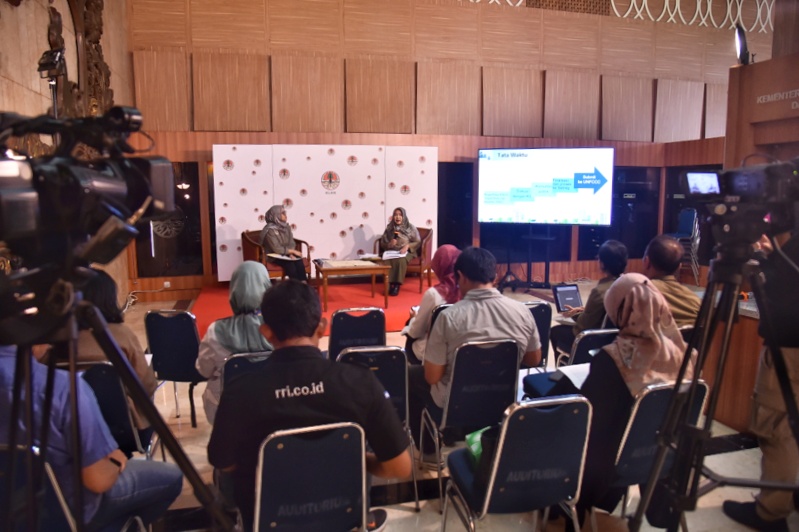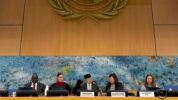Indonesia Delays Release of Second NDC at COP29 to Align with New Economic Goals
JAKARTA, RAKYAT NEWS – Indonesia has postponed the unveiling of its updated carbon emissions reduction commitments, known as the Second Nationally Determined Contributions (Second NDC), during the ongoing COP29 climate conference in Baku, Azerbaijan. The Second NDC, which had been prepared since February 2024 by the Ministry of Environment and Forestry (KLHK), was initially set to be presented at the conference.
However, the government decided to delay the launch to align it with the country’s new economic growth targets of 8% and the policy direction under the leadership of President Prabowo Subianto.
Torry Kuswardono, Executive Director of the PIKUL Foundation, urged that the Second NDC should be more ambitious than the draft version that had circulated earlier. He emphasized that the document must clearly address human rights, indigenous people’s rights, and a just energy transition. “It is not enough to merely respect indigenous knowledge; it must also explicitly recognize indigenous land rights, as their knowledge is tied to the land, not just written in books,” Torry stated.
The delay in presenting the Second NDC has drawn criticism from environmental groups. Iqbal Damanik, a forest campaigner with Greenpeace Indonesia, argued that Indonesia’s decision to focus on promoting carbon credit potential at COP29, instead of announcing its emissions reduction targets, has delayed clarity on the country’s climate finance needs. He stressed the importance of Indonesia’s leadership as a nation vulnerable to the impacts of climate change.
Damanik further expressed concern that the reliance on the carbon market could lead to a “pollution rights” scenario, where financial flows are directed more toward private companies than public climate finance initiatives. He warned that Indonesia requires substantial climate funding to build renewable energy infrastructure and restore areas affected by climate change disasters.
The government had previously indicated that the Second NDC would propose Indonesia achieving net-zero emissions by 2060, alongside incorporating carbon calculations from the ocean sector. However, with the delay in announcing the updated plan, it remains unclear how Indonesia will manage its climate goals moving forward.
As the COP29 conference progresses, Indonesia’s stance on climate finance and emissions reductions remains under scrutiny. The country’s approach will be pivotal in the global effort to combat climate change, as its actions will set an example for other nations facing similar challenges.
The government has announced that the revised Second NDC will be presented by February 2025, giving it time to incorporate further consultations and adjustments. As the world’s third-largest emitter of greenhouse gases, Indonesia’s updated climate commitments are critical for achieving global climate goals.
The postponement has sparked calls for a more inclusive process, with broader public involvement to ensure the Second NDC reflects the needs of marginalized communities and promotes a fair transition to a sustainable energy future. (Uki Ruknuddin)



























Tinggalkan Balasan